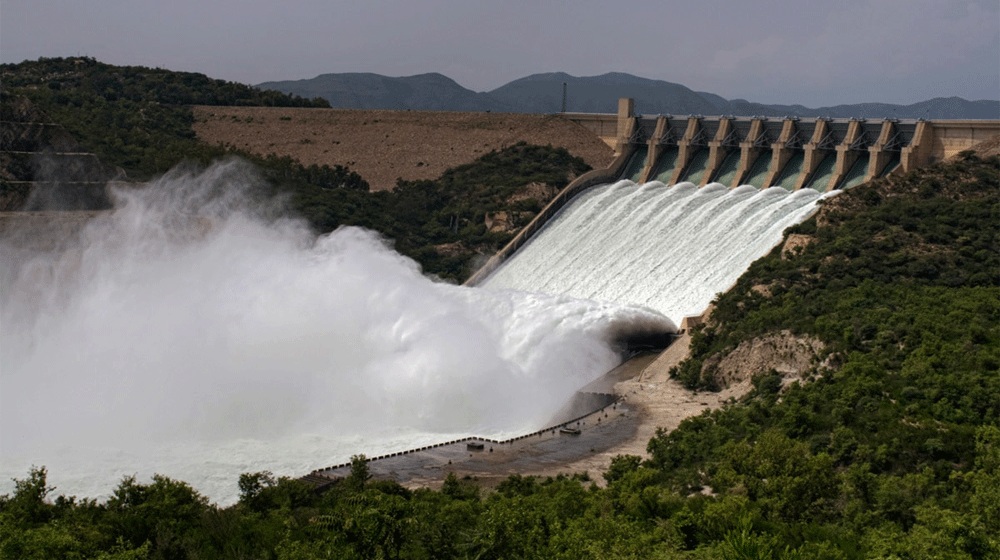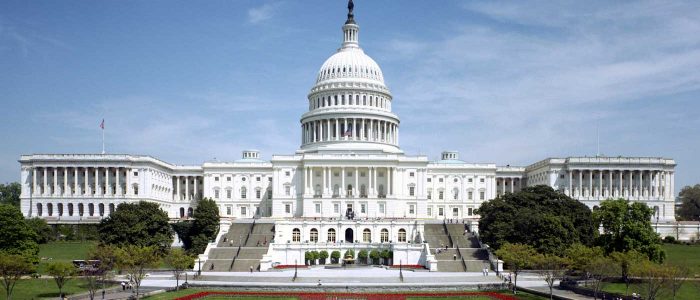Pakistan has welcomed the Award rendered by the Court of Arbitration regarding the General Interpretation of the Indus Waters Treaty (IWT), announced on August 8, 2025, and published on the Court’s website on Monday.
In a statement, the Foreign Office Spokesperson said, “The Award interprets the design criteria for new run-of-river hydropower projects to be constructed by India on the Western Rivers — Chenab, Jhelum, and Indus.”
The spokesperson highlighted a key finding of the Court, which states that India must allow the waters of the Western Rivers to flow for Pakistan’s unrestricted use. The specified exceptions for hydropower generation must strictly comply with the requirements of the Treaty, rather than with India’s own “ideal” or “best practices” approach.
He added that the Court’s conclusions on low-level outlets, gated spillways, turbine intakes, and freeboard align with Pakistan’s interpretation of the Treaty’s provisions. The Award also restricts India from maximizing pondage volume.
READ MORE: Barrick Mining Seeks $3.5 Billion International Financing for Pakistan’s Reko Diq Project
Importantly, the Court reaffirmed that its Awards are final and binding on both parties — India and Pakistan — and have a controlling legal effect on any subsequent Courts of Arbitration and Neutral Experts. Acknowledging Pakistan’s vulnerability as the downstream riparian, the Court emphasized that the purpose of the Treaty concerning the Western Rivers is to clearly define the rights and obligations of both states, alongside promoting cooperation and effective dispute resolution mechanisms.
The decision carries particular weight given India’s recent announcement to suspend the implementation of the Indus Waters Treaty and its earlier boycott of the Court’s proceedings. The Award, according to the Foreign Office, validates Pakistan’s long-standing position on these issues.
“Pakistan remains committed to the full implementation of the Indus Waters Treaty,” the spokesperson said, adding that Pakistan expects India to immediately resume the normal functioning of the Treaty and to faithfully implement the Court of Arbitration’s Award.




